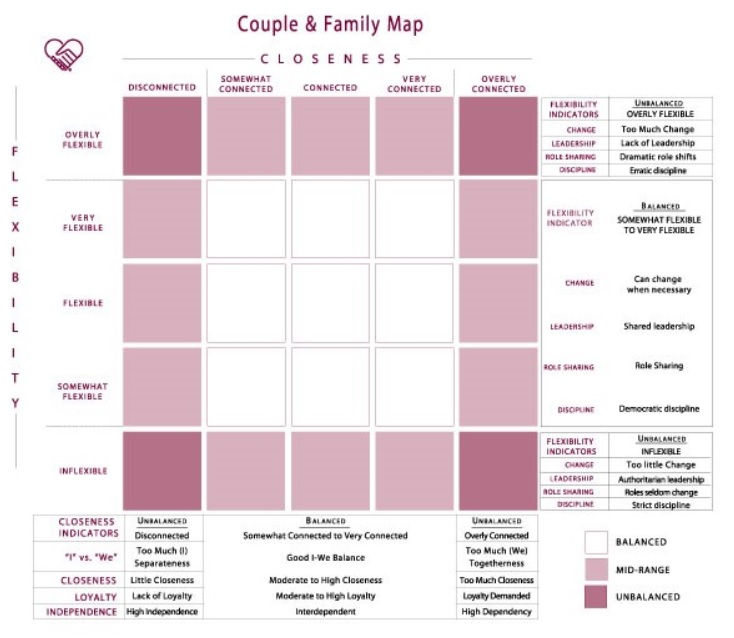Asian American Mental Health
- rogerlinpsyd
- Nov 26, 2024
- 3 min read
Updated: Dec 3, 2024
For Asian Americans, their mental health is shaped by a combination of cultural values and societal expectations. This post presents the distinctive features of Asian American mental health and contrast it with Western psychological approaches, highlighting the importance of integrating cultural competency in mental health care.
Understanding Asian American Mental Health
Asian American mental health is influenced by a rich tapestry of cultural backgrounds, including diverse traditions, languages, and family dynamics. Key aspects include:
Cultural Values and Stigma: Traditional Asian values often emphasize family honor, collective responsibility, and emotional restraint. Mental health issues might be viewed as a source of shame or a failure to meet familial expectations. This stigma can lead to reluctance in seeking help and a preference for dealing with issues privately.
Family Dynamics: In many Asian cultures, family plays a central role in an individual’s life. The concept of filial piety—respect and duty towards one’s parents—can impact mental health, as individuals might prioritize family needs over their own well-being.
Collectivism vs. Individualism: Asian cultures tend to be more collectivist, focusing on group harmony and interdependence, while Western cultures often emphasize individualism and personal achievement. This can affect how mental health issues are perceived and addressed.
Communication Styles: Direct communication is often less common in Asian cultures. Emotional expression might be more subdued, and problems may be addressed indirectly. This contrasts with Western approaches that often encourage open, assertive, and direct dialogue about mental health.
Holistic and Integrative Approaches: Many Asian cultures incorporate holistic approaches to health, including traditional practices such as acupuncture, herbal medicine, spiritual practices, and meditation.
Comparing Asian American and Western Psychology
Approach to Mental Health Issues:
Asian American Psychology: Emphasizes the role of family and community, often incorporating traditional beliefs and practices. Mental health may be approached with a focus on maintaining harmony and honor and avoiding shame, with a preference for non-confrontational solutions.
Western Psychology: Typically focuses on individual experiences and symptoms. It often encourages direct communication and confrontation of issues, using approaches like cognitive-behavioral therapy (CBT) and psychodynamic therapy.
Stigma and Help-Seeking Behavior:
Asian American Psychology: Mental health issues may be stigmatized, leading to underreporting and a preference for informal support from family or religious leaders. Seeking professional help might be seen as a last resort.
Western Psychology: Generally promotes the idea that seeking therapy is a proactive step towards improving mental health. There is a greater emphasis on normalizing mental health struggles and encouraging professional intervention.
Role of Family and Community:
Asian American Psychology: Family involvement is often integral to the treatment process. Therapy might include family members or consider family dynamics as part of the therapeutic process.
Western Psychology: While family can be involved, therapy typically focuses more on the individual’s experiences and personal goals, with less emphasis on the broader family context.
Therapeutic Techniques and Practices:
Asian American Psychology: May incorporate traditional healing practices and values, such as mindfulness meditation, or herbal remedies, alongside or instead of Western techniques.
Western Psychology: Relies on structured therapeutic techniques such as CBT, psychodynamic therapy, and pharmacotherapy, with an emphasis on scientific research and clinical efficacy.
Integrating Cultural Competency into Mental Health Care
To effectively support Asian American mental health, it’s important to integrate cultural competency into therapeutic practices:
Cultural Competence Training: Mental health professionals should educate themselves about Asian cultures and values. Understanding cultural norms, family dynamics, and communication styles can enhance the therapeutic relationship and improve outcomes.
Respect for Traditions: Incorporate or respect traditional practices and beliefs when appropriate. This can include acknowledging the role of holistic approaches or family involvement in treatment.
Addressing Stigma: Work towards reducing stigma around mental health by fostering an environment where discussing mental health is normalized and de-stigmatized. Provide culturally aware education and resources.
Building Trust: Establishing a trusting relationship with clients is crucial. This involves demonstrating respect for their cultural background and validating their experiences and concerns.
Adapting Techniques: Tailor therapeutic approaches to fit the cultural context of the individual. This might involve integrating traditional practices or adapting communication styles to better align with the client’s cultural norms.

Comments